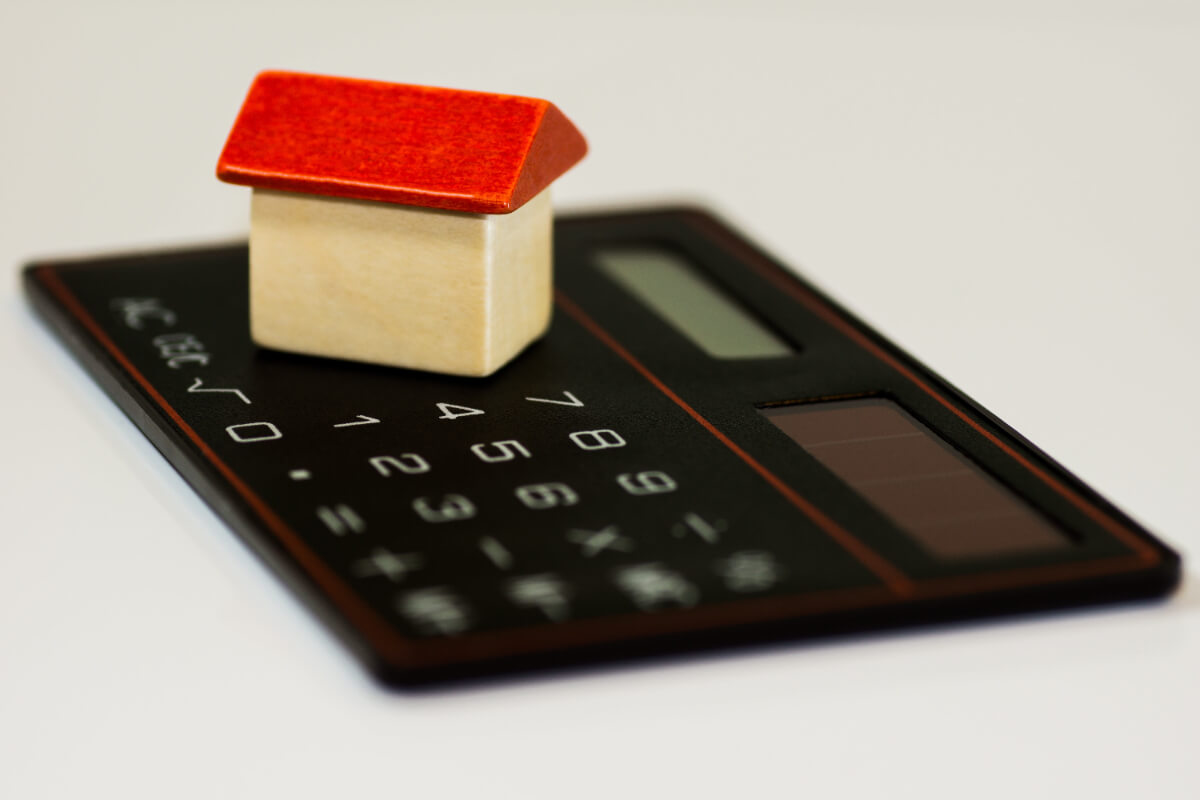How the matrimonial assets are to be divided is likely to be at the forefront of the mind of anyone going through divorce.
But surely the answer is simple: isn’t everything just divided equally?
Well, it may be. But the assets are not always divided equally, and there is certainly no rule that says they will be.
The commonly held belief that each party automatically gets half stems from a misconception about what the law says.
What the law actually says, as was explained by the House of Lords back in 2000, is that: “As a general guide, equality should be departed from only if, and to the extent that, there is good reason for doing so.”
In other words, equality is the ‘norm’, but not the rule. If, as is often the case, there is a good reason why equal division is not appropriate then the assets will be divided in some different proportions.
So the question is: what kind of reasons make equal division inappropriate?
There is no definitive list of possible reasons for unequal division, but the following three reasons are perhaps the most common.
The first reason, and the most common of all, is the needs of the parties. Where one party’s financial needs are significantly greater than the other party’s, then it may be appropriate to give the party with greater needs more than half of the assets.
A common example of this is where one party will be looking after the children – their needs, particularly in relation to housing, may be greater than the needs of the other party.
A less common reason is that one party’s financial contribution towards the marriage is significantly greater than the other party’s contribution. But care needs to be taken here: the contribution must be so special that an equal division of the assets would be inappropriate – it is actually quite unusual for the court to make such a finding.
And it should also be remembered that not all contributions towards a marriage are financial. The law recognises that the contribution of a ‘homemaking’ spouse, who looks after the home and the children, will usually be considered to equal that of a breadwinning spouse.
A third reason for an unequal division of assets is that not all assets are ‘matrimonial’, in the sense that they were acquired during the marriage, through the joint efforts of the parties to the marriage. Some assets are ‘non-matrimonial’, in particular assets acquired before the marriage, inheritances and gifts to one party, and assets acquired after the parties separate.
Generally speaking, only matrimonial assets go into the ‘pot’ for division between the parties. The party who owns the non-matrimonial assets will therefore normally retain them after the divorce, and obviously this may lead to an unequal division of assets.
There is, however, an exception to this rule. Where the matrimonial assets are insufficient to meet the needs of the other party, the non-matrimonial assets may be used to cover those needs.
Division of assets on divorce can be a complex subject, upon which expert legal advice should be sought. We can find you an expert that works with you on our digital platform. For more information, call us on 020 3904 0506, or click here, and fill in the form.
* * *
Family Law Cafe’s accessible team of legal experts from various disciplines expedites the customer’s case and keeps them informed and in control 24/7 through a unique and secure online portal. Family Law Cafe is your start-point for getting matters sorted with strategy, support and security.
Image: Public Domain, via Piqsels

